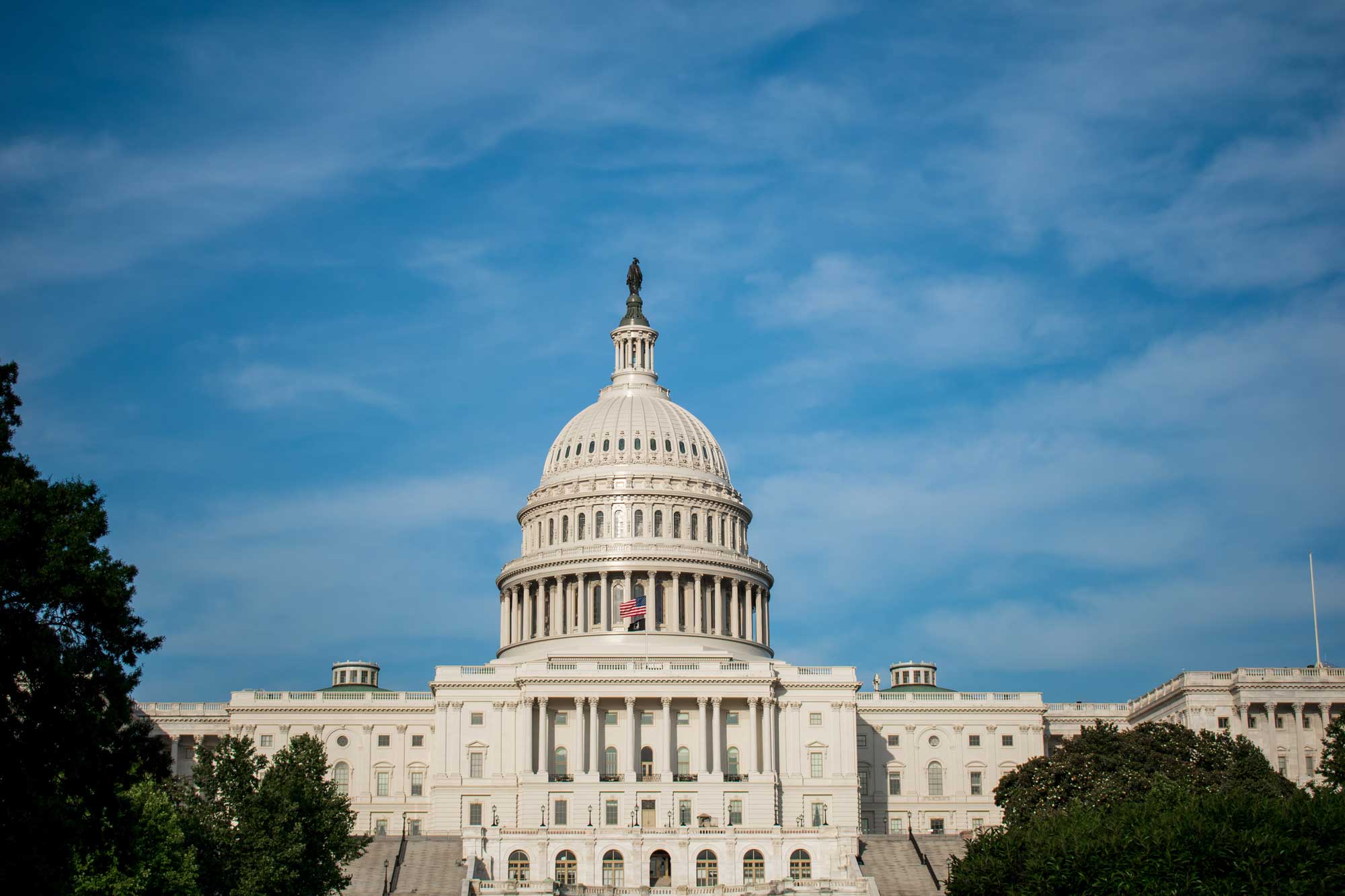At the height of the Civil War, the False Claims Act (“FCA”) was enacted to combat defense contractor fraud perpetrated against the Union Army.[1] The FCA has been amended many times since 1863, but it remains a powerful weapon for the Government to ensure that taxpayer funds are used properly.[2] Violators can be subjected to high-dollar fines and damages. In 2021, the Department of Justice “obtained more than $5.6 billion in settlements and judgments from civil cases involving fraud and false claims against the government.”[3] The FCA applies to all types of Government funds, from defense contractors to Medicare recipients. Many states, including Florida, also have similar Acts to protect State dollars.[4] In addition to permitting the Government to pursue violators on its own, the FCA also allows private citizens acting as whistleblowers to file suit on behalf of the Government.[5] Such claims are called qui tam suits, a concept that arose in England where individuals could, in some instances, sue on behalf of the Crown and obtain a share of the recovery.[6] Individuals who bring suits on the behalf of the Government are called “Relators.” Under the FCA, private citizens may obtain a portion of the recovery for successful suits. In cases where the Government takes over for the Relator (i.e., the Government intervenes in the case), the recovery for the individual can be between 15-25% of the recovery.[7] In cases where the Government declines to intervene (i.e., the individual continues litigating the FCA claim without the Government), the amount can range from 25-30% of the recovery.[8]
FCA cases are complex and require a careful review of all documents and information available. Once a decision is made by an individual and her counsel to pursue an FCA claim, the first step is for counsel to draft a disclosure statement for the Government. This document acts as a roadmap, providing the Government with an overview of the claim.[9] In addition to the disclosure statement, a Relator also provides all relevant documentation to the Government. The next step is to draft the complaint, which will be filed under seal with the court. This means that, while the Government conducts its investigation, the complaint is not made public. Following the filing of the disclosure statement, the Government will interview the Relator. This is an opportunity for the Relator to provide any additional information. Once that is complete, the Government will conduct a thorough investigation into the claims and determine if it will litigate the case. If it declines to litigate, the Relator and her counsel must decide whether to litigate the declined case. Although a case is declined, Government approval is still necessary if there is a recovery. FCA litigation can be expensive and lengthy, but Relators play an integral role in assisting the Government and taxpayers in taking on those who defraud the public. Having experienced FCA counsel is critical, and the attorneys of Jill S. Schwartz & Associates are well-versed in FCA claims and the representation of Relators in these matters.
This is only a brief overview of FCA claims. There are many complexities to this vital area of the law. If you have any questions or concerns regarding this topic, or any topic related to labor and employment law, please contact us.
[1] The False Claims Act, The United States Department of Justice, https://www.justice.gov/civil/false-claims-act (last visited May 25, 2022).
[2] Id.
[3] Id.
[4] § 68.081, et seq., Fla. Stat. (2021).
[5] The False Claims Act, https://www.justice.gov/civil/false-claims-act.
[6] What is Qui Tam?, Bracker & Marcus LLC, https://www.fcacounsel.com/false-claims-act-attorneys/what-is-qui-tam/ (last visited May 25, 2022).
[7] False Claims Act Attorneys, Bracker & Marcus LLC, https://www.fcacounsel.com/false-claims-act-attorneys/ (last visited May 25, 2022).
[8] Id.
[9] Id.
Photo by Robert Linder on Unsplash









